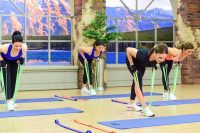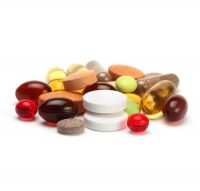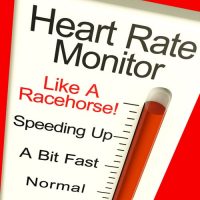
How Exercise Affects Every System in the Human Body
Exercise can have a positive impact on other aspects of your life, too. It can reduce stress, improve sleep and manage pain, but it also has benefits for every system in the human body. Let’s look at how exercise affects each bodily system.







